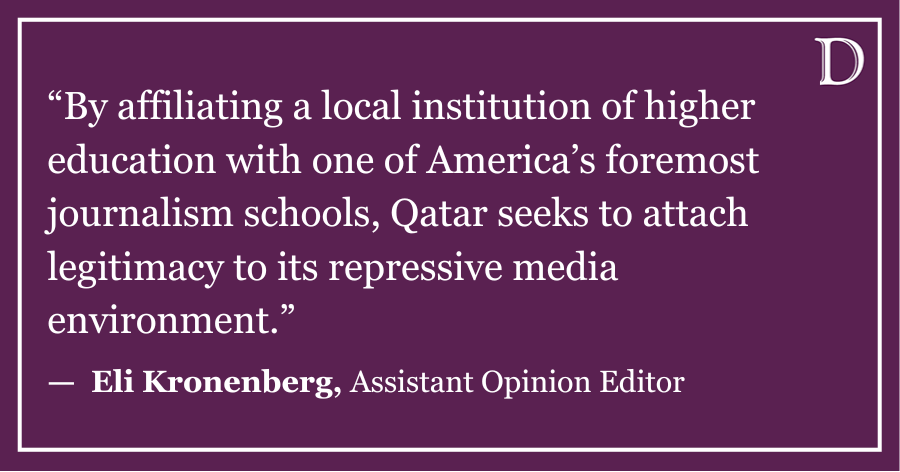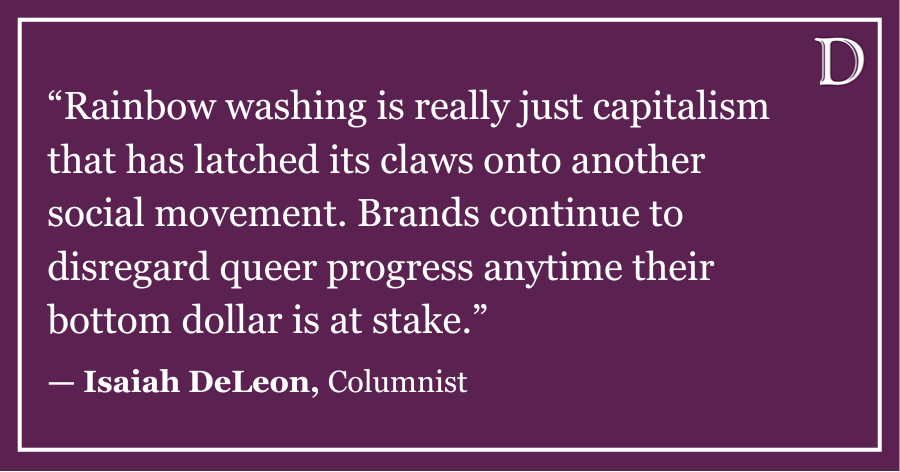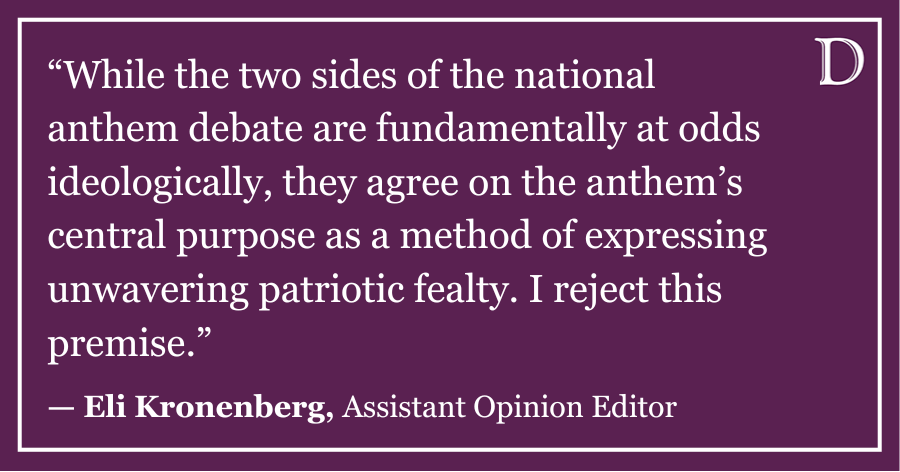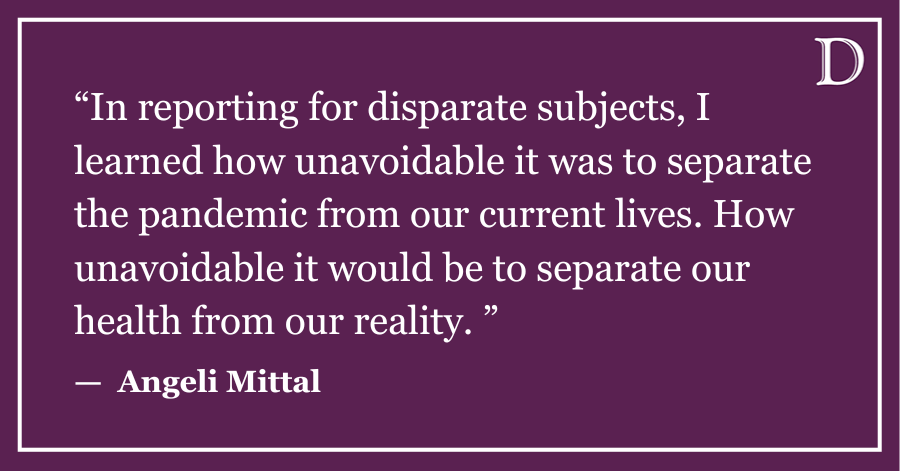Despite the fact that the election didn’t go the way I had hoped, I’ve decided to focus on the positive from now on. Nothing made me prouder than being able to voice my opinions behind that little automated voter box, and I’ve realized that President Obama got re-elected for a reason and I plan on focusing on the parts of his policies that I support. I can’t think of anything on his platform that I agree with more than his plans for increased energy efficiency. Unfortunately, like anything else, the battle for clean energy does come with a cost.
I don’t know if I’ve just started to grow up more in the past couple years (I’ve heard college will do that to you), but to me being “green” has never been an option. Growing up in California does that to you, and leaving my little green bubble has made me realize how much being sustainable really doesn’t matter to a lot of people. Northwestern, for all of its talk, can’t seem to really walk the walk in terms of sustainability. Sometimes I can’t even find the recycling bin in my own dorm hallway. The majority of people I know still buy plastic water bottles as if they’re going out of business and keep the lights on during the middle of the day.
What does my love for recycling have to do with anything? Though my own sustainability crusade is on a far smaller scale, it is rumored that within the next few months, the Environmental Protection Agency will continue to issues restrictions on fossil fuel production, as well as a new carbon standard for power plants and hopefully tighter restrictions on soot emissions. By the year 2015, the EPA will fully implement their Mercury and Air Toxics Standards, under the Clean Air Act that will reduce the emission of hazardous materials and prevent 11,000 premature deaths and 4,700 heart attacks as a result.
If Mitt Romney had been elected, this kind of optimism for energy efficiency would most likely cease to exist — and it’s only been a week. Not all Republicans hate the environment; that kind of polarized stigma is exactly why the party’s public persona has been poisoned. I’m happy that Obama got re-elected because I’d like to think he shares the same sentiments as I do on the environment. Last week — on the precipice of the election — I stated in this column that it wasn’t pragmatic or realistic for a person to agree with everything on either candidate’s platform. Just because I didn’t vote for Obama doesn’t mean that I don’t agree with this facet of his policy goals. I do wholeheartedly.
There are, however, a few caveats. Despite my excitement for what I hope will be four more years in the search for a green energy solution, I can’t help but wonder what this search will do to both the coal industry’s employment and the economy as a whole. As early as Wednesday, as a reaction to Obama’s reelection, shares of Peabody Energy (the largest private sector coal company in the world) fell 9.6 percent, shares of Arch Coal fell 12.5 percent, Consol Energy dropped 6.1 percent and Alpha Natural Resources dropped 12.2 percent.
Meanwhile, Murray Energy, a coal company headed by a prominent donor to the Romney campaign, announced Friday it had already laid off 160 workers in response to the clear struggles that the industry will face in Obama’s second term. I’m fully in support of finding a solution to coal as our default energy source, but the economic impact of such cuts makes me wonder whether or not it is possible to ever really have any kind of compromise in partisan politics. Does full speed ahead dedication towards making our country more sustainable have to mean economic disaster? I don’t know if its possible for the coal industry to modernize their standards enough to reverse the environmental damage and save thousands of people’s jobs.
Unfortunately politics are so polarized that it seems like compromise is nebulous and out of the question. I’m in full support of Obama’s energy efficiency plan, I’m just sincerely hoping that we find a way to make these changes without crippling our already crying economy. At this current moment, I’d say that we need every job that we can muster.
Arabella Watters is a Medill sophomore. She can be reached at [email protected]. If you would like to respond publicly to this column, email a Letter to the Editor to [email protected].























